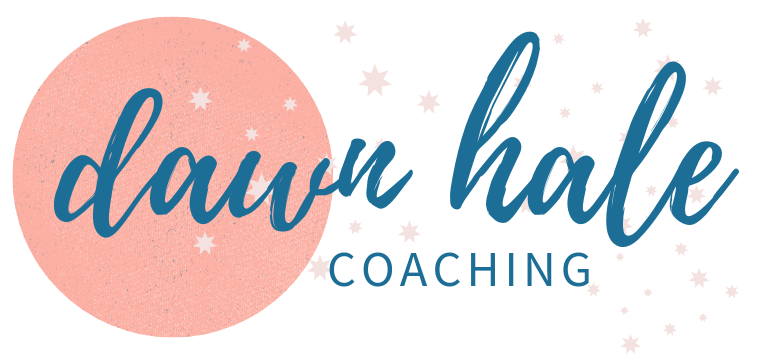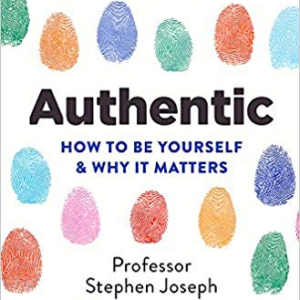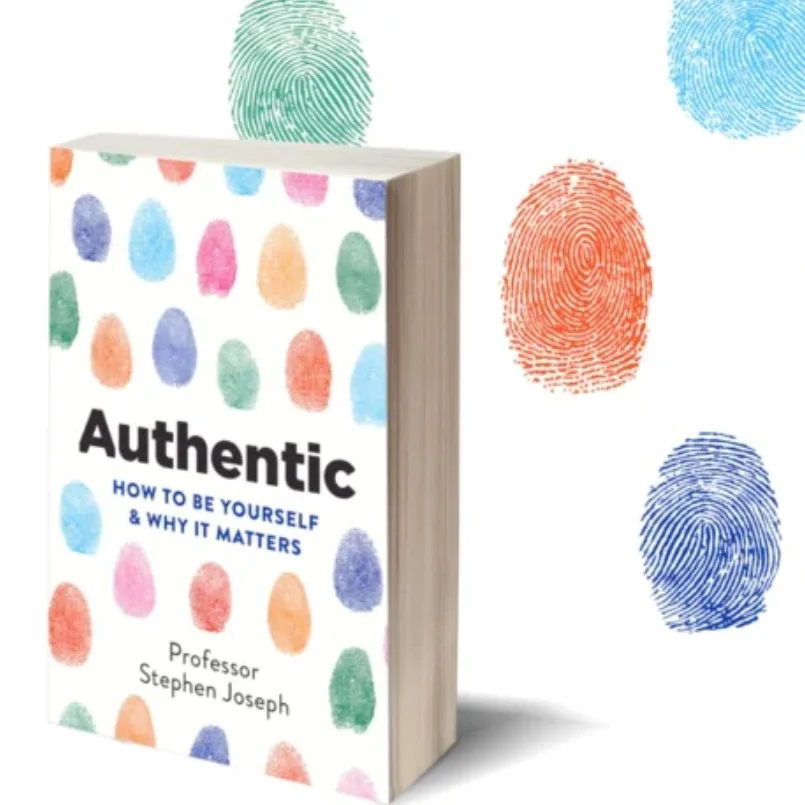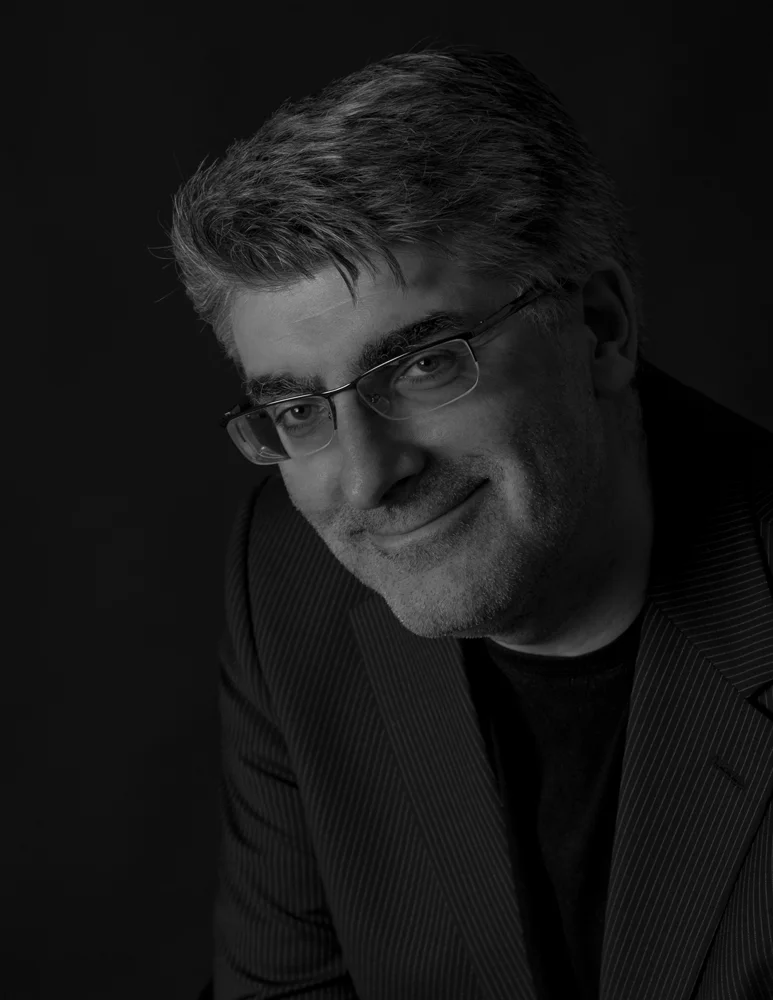How to Be True to Yourself and Why It Matters
Written by Stephen Joseph in Psychology Today.
Philosophers throughout history have held the authenticity in high esteem, but few psychologists have taken it seriously until recently when psychologists turned to the study of human flourishing.
OUTER AUTHENTICITY
how well what we say and do matches what’s really going on inside of us.
INNER AUTHENTICITY
how well we actually know ourselves and are aware of our inner states of being.
No one is fully authentic all of the time in their outer presentation. Sometimes we need to put on an act to get by. But some people spend more time living inauthentically than others. It’s unpleasant and damaging to us if we are trapped in jobs or relationships where we rarely get the chance to be ourselves. If we’re feeling trapped, we need to change the situation when we can so that we can be free to express ourselves authentically.
More damaging, however, is when we don’t know ourselves and it is our inner authenticity which is compromised.
Ask yourself:
• How much of the time do you feel that you can be the real you?
• Are you easily influenced by other people?
• Do you always stand up for what you believe in?
• What are the barriers to being yourself?
• How well do you know yourself?
Not surprisingly, surveys show that, on average, people who scored higher on tests for authenticity are more satisfied with life, have higher self-esteem, and are generally happier.
“Happiness is when what you think, what you say, and what you do are in harmony.”
More recently, Steve Jobs, who died in October 2011, is quoted as saying:
“Your time is limited, so don’t waste it living someone else’s life. Don’t be trapped by dogma – which is living with the results of other people’s thinking. Don’t let the noise of others’ opinions drown out your own inner voice. And most important, have the courage to follow your heart and intuition. They somehow already know what you truly want to become. Everything else is secondary.”
Seems like good advice.
Stephen Joseph
Positive psychologist, coach, and senior practitioner member of the British Psychological Society’s register of psychologists specializing in psychotherapy
www.profstephenjoseph.com
View original article here.
For more on authenticity, and details of Stephen’s new book, Authentic: How to be Yourself and Why it Matters, check out:
Find out more about Stephen’s work here.



